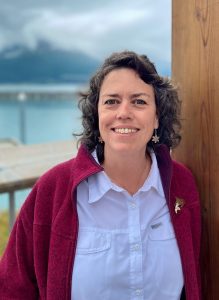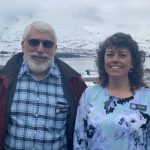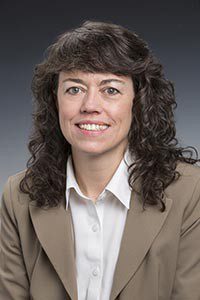President Robert Archibald, City of Homer
Executive Director Donna Schantz
We are now six months from the 35th anniversary of the Exxon Valdez oil spill (March 24, 1989). These anniversaries are always a time to reflect on lessons learned and acknowledge the progress made in oil spill prevention in response. We also must bring a sharp focus to concerning trends we are seeing in budget and staffing cuts in industry and the associated regulatory agencies. These trends highlight why we must recommit to our mission of promoting the environmentally safe operation of the Valdez Marine Terminal and associated oil tankers.
As we prepare for the annual commemoration of the spill, the Council recently rereleased the publication “Stories from a citizens council,” a collection of interviews/oral histories from key participants in the formation of the Council. Many of these interviews highlighted the value of relationships founded on trust. Trust is built on transparency, listening, and engaging stakeholders.
This emphasis on relationships and trust is timely. The prevention and response system for the Valdez Marine Terminal and associated tankers is widely regarded as one of the best in the world. However, in recent years, the Council has seen a steady erosion in some of the safety systems put in place as a direct result of the lessons learned from that disaster.


